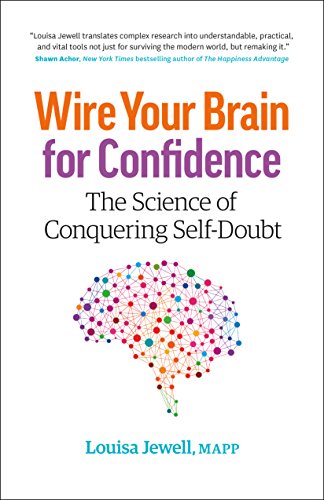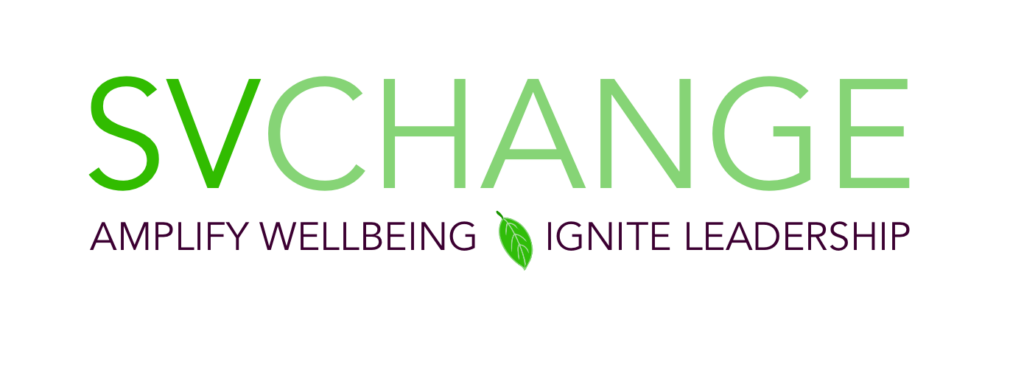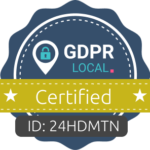Ep 027 with Louisa Jewell

Today, I want to dive deep into a topic that touches many of us, whether in boardrooms or in daily life—impostor syndrome. I recently had the privilege of discussing this with Louisa Jewell, a leadership coach and wellbeing educator who has profoundly impacted the field of positive psychology.
Louisa’s journey is a testament to the power of transformation through learning and self-discovery. After a transformative year, she founded the Canadian Positive Psychology Association, becoming a prominent voice advocating for well-being.
Her best-selling book, “Wire Your Brain for Confidence: The Science of Conquering Self-Doubt,” is a cornerstone resource for anyone looking to enhance their life through building self-efficacy and resilience.
Turning Self-Doubt Into Confidence
In our conversation, we explored how impostor syndrome often manifests in the workplace, impacting mental health and holding many of us back from reaching our full potential. Louisa and I discussed the practical applications of positive psychology and neuroscience, emphasizing the importance of actionable strategies to not just combat this syndrome but to thrive beyond it.
Louisa highlighted the significance of understanding the roots of impostor syndrome. It often stems from a place of doubting one’s role in their achievements. By recognizing this, we can start to dismantle the irrational beliefs that fuel this syndrome. Louisa discourages the “fake it till you make it” approach, advocating instead for “practicing till you’ve got it.” This method builds genuine belief in one’s abilities through real, tangible experience.

Actionable Tips to Navigate Imposter Syndrome
We also discussed the importance of taking ‘tiny turtle steps’ to gradually build confidence. This approach is about setting manageable goals that lead to larger achievements, thereby reducing the overwhelming pressure that can exacerbate impostor feelings. Here are some actionable steps Louisa shared to help conquer self-doubt and harness the power of confidence:
Engage with Your Strengths: Take the VIA Character Strengths assessment to understand your core strengths. Embracing these can empower you to feel more authentic and capable in your personal and professional roles.
Practice Your Skills: Start small and find opportunities to practice your skills. This incremental approach helps build competence, a key ingredient for self-efficacy.
Seek Social Support: Find a mentor or coach who can provide encouragement and perspective. Having someone who believes in your capabilities can be a powerful counter to self-doubt.
Embracing Confidence
Ultimately, overcoming impostor syndrome and building confidence are about more than just succeeding professionally; they’re about living authentically and embracing the richness of life. Louisa’s insights are not just theories but are backed by her own experiences and those she has guided through her coaching.
As we wrapped up our conversation, we reflected on the joy of lifelong learning and the beauty of gaining new perspectives that enrich our understanding and interactions. Our discussion was a powerful reminder of the importance of nurturing our mental and emotional health as vigorously as we do our professional skills.
I hope this blog inspires you to take a step towards conquering your own doubts and to explore the vast potential that lies in believing in yourself. Remember, each small step in building confidence is a leap towards realizing what’s truly possible in your life.
For those looking to explore further, I highly recommend picking up a copy of Louisa’s book, “Wire Your Brain for Confidence,” and embarking on this journey of self-discovery and growth. Let’s continue to learn, grow, and thrive together.
Want to have a deeper conversation about how to implement these steps? Send me a message, I’d love to hear from you!










